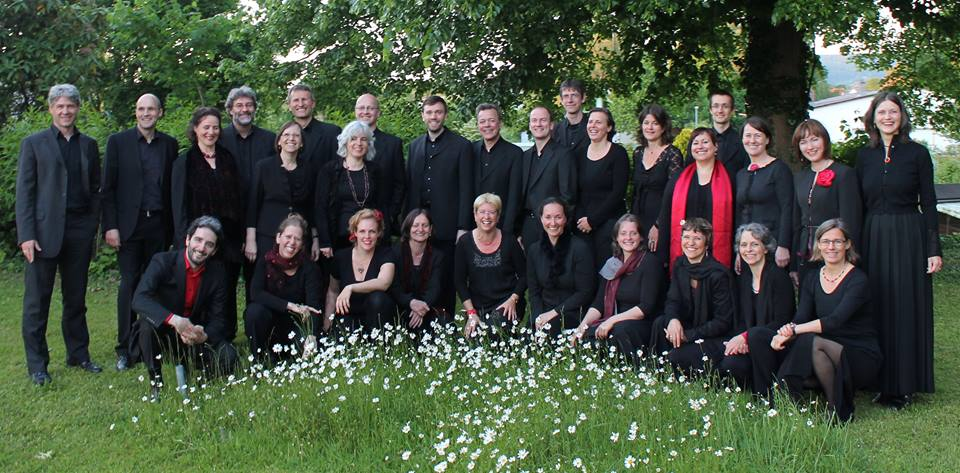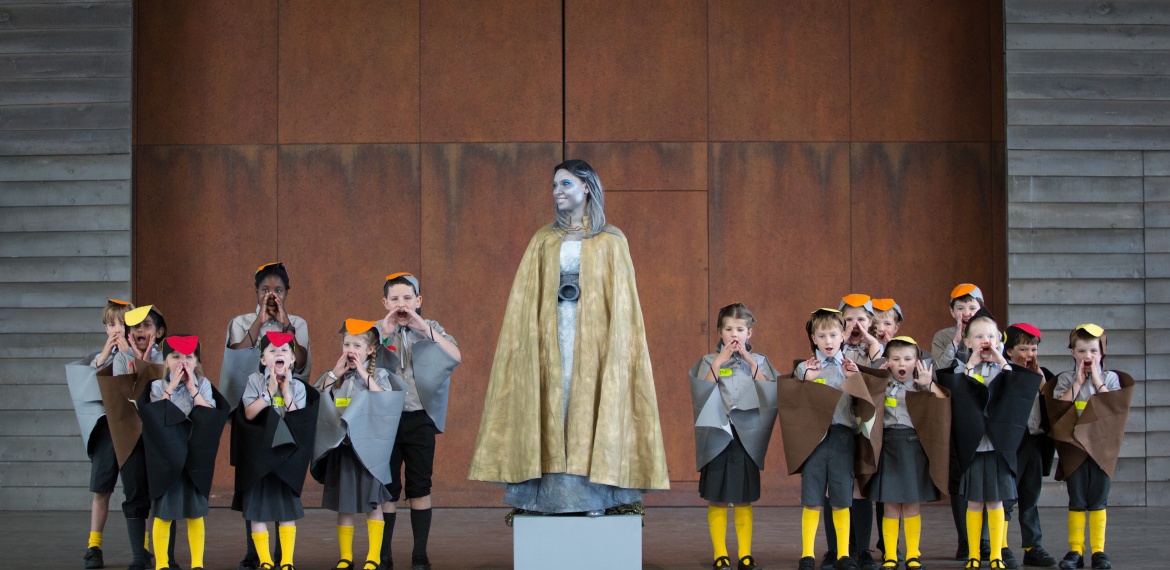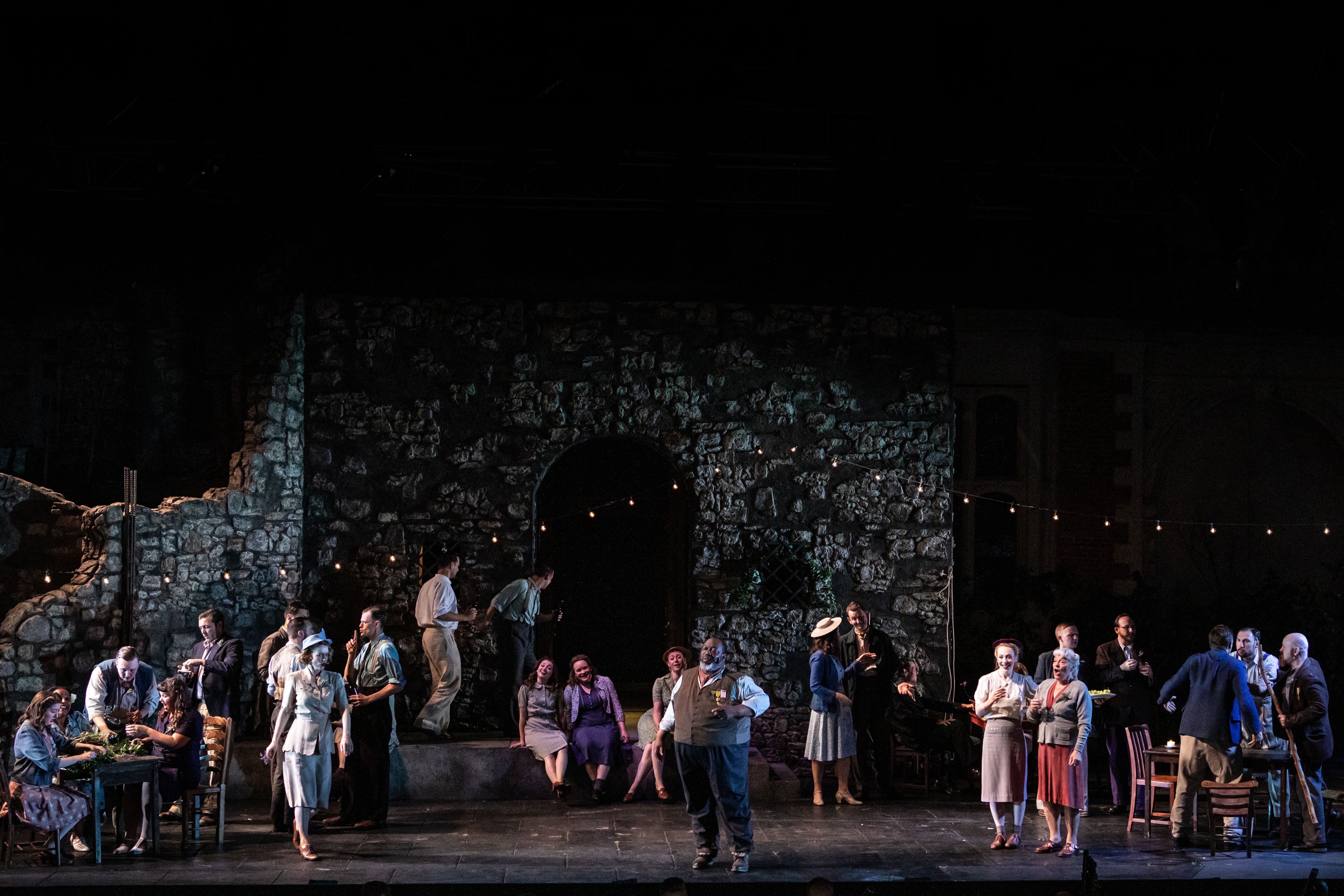Bach: Toccatas BWV 911-916
Mahan Esfahani, harpsichord
HYPERION CDA 68244
There is a real buzz of excitement in this recording which I have certainly felt hearing Mahan Esfahani live but which does not always transfer to disc. Here it certainly does and the tight, dancing rhythms are never allowed to drop. These are not toccatas in the strictest sense of the term but more short suites, or expanded single pieces, often closer to a fantasy that the organ toccatas we are more familiar with. All the more engaging then because of their unfamiliarity and very much worth seeking out.
Risonanze: music for viola da gamba
Ibrahim Aziz, viola da gamba
FHR 83
The combination of classical pieces by Bach, Abel and Schenck alongside more recent works by Rebecca Rowe and Carlos Martinez Gil add considerable frisson to the recording and the warmth of Ibrahim Aziz’ playing is never in doubt.
Dowland
Michael Butten, classical guitar
FHR 84
Twenty short works by Dowland – each a gem and worthy of careful attention in its own right. The classical guitar brings a different tonal quality compared to the more familiar lute for these pieces and therefore brings a more nuanced perspective and demands a careful listener, which hopefully they will get.
A Life in Music: Vintage Tommy Reilly
Tommy Reilly, harmonica
CHANDOS CHAN 20143
This is a delight and brings back many happy memories of post-war radio programmes. However, alongside familiar popular tunes there are some unexpected classical items which demonstrate not only Tommy Reilly’s virtuosity but also the enormous range of his talent. To be able to encompass Jealousy and a Scarlatti sonata is no mean feat.
Puccini: Madama Butterfly
Glyndebourne Festival Opera, Omer Meir Wellber
OPUS ARTE OA 1167 D
Before you think oh dear, another Butterfly let me just say this is breath-taking on almost every level. Annilese Miskimmon’s production moves the period to the second world-war with the reality of American sailors returning to the USA with Japanese brides. The use of film clips set this scene clearly and uncomfortably from the start. Added to this the opening act is in Goro’s offices where he is almost literally selling brides to sailors. Joshua Guerrero’s handsome if naïve Pinkerton seems to want to take things more seriously and is happy to go through with the wedding ceremony even if he has no long term intention of keeping his vows. There seems to be enough money to keep Olga Busuioc’s Cio-Cio-San until her son is clearly about 4, and Yamadori is a more that acceptable second husband should she accept the offer. But she doesn’t. The inevitable climax comes and her death is as upsetting as it is unnecessary.
Throughout the score is driven by Omer Meir Wellber with a fierce intensity and lack of sentimentality which is always engaging. The singing is splendid and I particularly liked Michael Sumuel’s world-weary Sharpless.
Very well worth investing in, even if you have more than one Butterfly already.
Berlioz: Symphonie fantastique
Toronto Symphony Orchestra, Andrew Davis
CHANDOS CHSA 5239
What makes this worth investigating, in addition to a fine rendition of the familiar Symphonie fantastique, is the addition of the Fantaisie sur la Tempete de Shakespeare, written at about the same time as the symphony and subsequently incorporated into Lalio. It makes for an interesting and instructive combination with obvious links between the two emotionally as well as musically.
Schubert: Die Schone Mullerin
Roderick Williams, baritone; Iain Burnside, piano
CHANDOS CHAN 20113
Roderick Williams goes from strength to strength and one wonders if there is anything today that he can’t do. The sensitivity he brings to the text and the sheer joy in his musicality shines throughout. He is superbly supported by Iain Burnsides mellifluous piano accompaniment. An absolute delight!
Stanford: overture in the style of a tragedy; Verdun; A Welcome March; Fairy Day; A Song of Agincourt
Ulster orchestra, Howard Shelley
HYPERION CDA 68283
A surprisingly eclectic collection ranging from the charm of Fairy Day – which is as unsentimental as Mendelssohn’s Dream while maintaining a real lightness of touch – the more overtly bombastic A Welcome March for Edward VII’s visit to Ireland. Alongside this sit the Verdun Solemn March and Heroic Epilogue and A Song of Agincourt – a fantasy reworking the familiar medieval song with a romantic take on heroism in its opulent orchestration.
Brahms: Symphony No 4
Haydn: Symphony No101
Bavarian Radio Symphony Orchestra, Otto Klemperer
BR KLASSIK 900717
These recordings from 1956/7 come from a period before I first heard Otto Klemperer live in London and they certainly bring back the wonderful attention to detail as well as the often ponderous approach to tempi. These are not as slow as I had feared they might be but there is still a weight to the Brahms and a slightly pretentious attention to phrasing which is now very much out of fashion. As such it is a useful reminder of how much fashion does actually control our thinking about the way a work should be performed and that, in another fifty years, what now sounds vivid may simply sound superficial.
Beethoven: The Creatures of Prometheus – version for piano
Warren Lee, piano
NAXOS 8.573974
Beethoven issued the piano arrangement himself before the orchestral scores so that this is not a reduction from the full score so much as the composer’s own approach to the work in the process of composition. It works extremely well and Warren Lee’s playing is engaging and alive throughout.
Wagner: Siegfried Act 3
Lise Lindstrom, Stefan Vinke
Deutsche Radio Philharmonie, Pietari Inkinen
SWR MUSIC SWR 19078CD
This has been released as an abridged version of Act 3 and, for some of us at least, it leaves out much of the best music! In essence this is the final duet from the awakening of Brunnhilde, but includes the Vorspiel to the act and the transition fire music. The orchestral playing is excellent under Pietari Inkinen. Some may find the vibrato in Stefan Vinke’s voice difficult to take but he has no problem or sense of strain with the higher lying passages. Unfortunately Lise Lindstrom suffers from the same problem in terms of a marked vibrato in the voice which I found uncomfortable throughout. A pity – but when there are so many other versions to choose from I am not quite sure what this has to offer.



